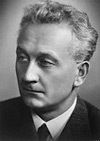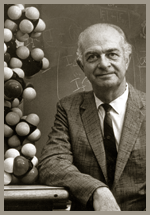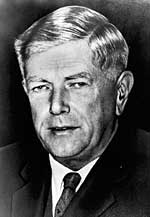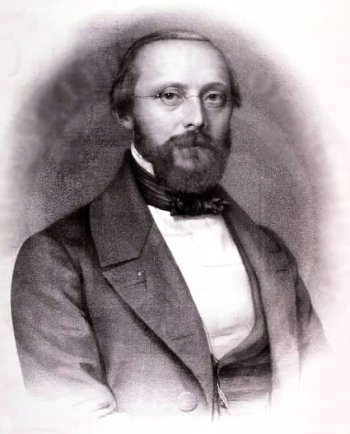
On Cancer Cell
"How can I differentiate between a normal cell and a cancer cell when I don’t know what a normal cell is?” – that is how Nobel-Laureate Szent-Gyorgyi concluded, as the chairman of the 1979 Ciba Foundation Symposium, No.67 titled – Sub-molecular Biology and Cancer.
A cancer cell is derived from your own pre-existing normal cell. The two share the same genetic material, the same metabolic machinery, and the same duplicating apparatus. Hundreds and hundreds of the most sophisticated laboratory tests have failed to show single feature that allows you to distinguish a cancer cell from a normal cell.
The final conclusion on the cancerous change in a body cell is that it is a form of normal cell differentiation. Cancer cell is a normal cell, behaving cancerously as a part of its newly assigned function. No chemical agent, or vaccine has been located that differentiates between the so-called cancer cells and the so-called normal cells.
 On
'War on Cancer'
On
'War on Cancer'
A double Nobel-Laureate American scientist, Linus Pauling, in his comment about an investigative book by Ralph Moss, a former Assistant Director of Public Affairs at the Mecca of cancer research and treatment – The Sloan-Kattering Institute (SKI) tersely remarked: “The revelations in this book about the ways in which the American people have been betrayed by the cancer establishment, the medical profession, and the government are shocking. Everyone should know that the ‘War on Cancer’ is largely a fraud, and that the National Cancer Institute (NCI) and the American Cancer Society (ACS) are derelict in their duties to the people who support them”.
 On Cancer Research
On Cancer Research
“If there could be such a thing as a comprehensive and unbiased survey of the results of cancer research, I fancy that the surveyor would finish his task with a devastating impression of futility. We have to face the reality that the practical outcome of the hundreds of thousands of man years of work on the mechanism of chemical carcinogenesis, the significance of carcinogenic viruses, the control of morphogenesis & immunological aspects of cancer has been precisely nil.” – Nobel Laureate Sir Macfarlane Burnet.
Cancerology has searched what it could – funds, power, statistics, but not researched, as evidenced from its chronic failure to revise its cherished conclusions, much less to put them into practice.
The dictionary definition of research has full comprehensiveness, clarity and, in the current context, rich applicability. It defines research as a “critical and exhaustive investigation or experimentation having for its aim the discovery of new facts and their correct interpretation, the revision of accepted conclusion, theories, or laws in the light of newly discovered facts, or the practical application of such new or revised conclusions, theories or laws.”

On State of Cancerlogy Today
Our ignorance starts with the apparently simple problem of defining cancer. R.Virchow, the father of cellular pathology, remarked in the last century that no man, even under torture, could define cancer. The passage of the century has made no change in the Virchowian conclusion: L.Foulds, the British cancerologist, recently stated that cancer research would reach an outstanding landmark the day it can define cancer in biological terms.
Such fundamental ignorance explains the state of cancerology today – “Scientifically bankrupt, therapeutically ineffective, and wasteful”. (Nobel prize-winner J.D.Watson of Double Helix fame)
